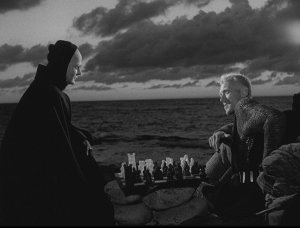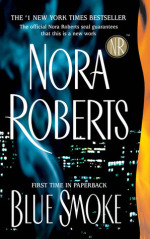I’m usually pretty good at selecting books I’d enjoy, so it was with a frustrated sigh that I put down two in a row.
Book of Numbers by Joshua Cohen
Fictional author-insert Joshua Cohen, a failed novelist, is tasked with ghostwriting the autobiography of a tech entrepreneur also named Joshua Cohen, founder of this universe’s Google.
Cohen’s prose is snappy and sharp, his vocabulary impressive in its range. It’s the type of language that is both entertaining and invigorating to experience. This book could be great, it should be great. Instead, it wallows in its miserable characters’ self pity whilst attempting to make points about modern life that largely fall flat.
I quit about two hundred and fifty pages in. The closing subplot went as such: Cohen is in Dubai, where after plenty of inner monologuing about how poorly Arabs treat women, he encounters a woman being beaten by her husband. He then heroically steps in and beats him up! Shortly afterward, he engages in a sexual obsession over this woman, who he saw for like 3 seconds crawling around on the floor, bloodied. He stalks her around the hotel for a while until miraculously, implausibly, she seeks him out in his hotel room for some immediate sex.
Maybe several hundred pages later (the book immediately pivots in form after this to a draft of the ghostwritten biography so it wasn’t happening any time soon), this exploitative and baffling scene somehow has a point, somehow makes sense, or is proven unreliable. I don’t give a shit. It’s virtually impossible to redeem this crap and nothing else about the novel gave me any confidence in Cohen’s thematic virtues.
Of the endless critical praise for this book (hilarious put aside the miserable Goodreads reviews), Cohen’s inevitably compared to David Foster Wallace, one reviewer going so far as to say The Book of Numbers is to the internet what Infinite Jest was to TV. This too is nonsense. For all his lingual skill and wit, Cohen’s insights are banal, things everyone knows already: tech people have too much money, the internet draws us closer while simultaneously making us more alone. It’s fertile literary ground expressed without depth. Falling to cheap jokes instead, ha ha, the rich-person restaurants in Palo Alto have gluten free and vegan menus, what a laugh.
This book is a waste.
 The Rise and Fall of D.O.D.O by Nicole Galland and Neal Stephenson
The Rise and Fall of D.O.D.O by Nicole Galland and Neal Stephenson
An overworked, underappreciated Harvard lecturer and linguist stumbles into contact with a shadowy government agency that has been collecting info about the Big Disappearance of Magic, circa 1850 or so. The first chapter reveals our heroine is now stuck sometime in that very same 19th century, so time travel is sure to be afoot.
Here we have almost the opposite reaction — nothing about this book elicited much from me at all. The language here is very basic, without the verve required to pull that off. The plot unfurls through a series of conversations between the main characters, who hypothesize solutions to the origins and mechanics of magic, which then are apparently de facto truth, begging the question of why no one figured this all out beforehand if all it takes is a few 1:1 brainstorming sessions.
I could also see the book was setting up a romance, but only because the book was sending signals at me, the reader, that hey! here’s a romance, not because I felt any chemistry between the protagonists. Tristan was blunt to the point of dullness, not charm.
Only about 50 pages into this one and obviously it didn’t trigger the same emotional response as The Book of Numbers, just not for me.
I’m on to reading Borges now to guarantee something I’ll enjoy.
Advertisements Share this:





